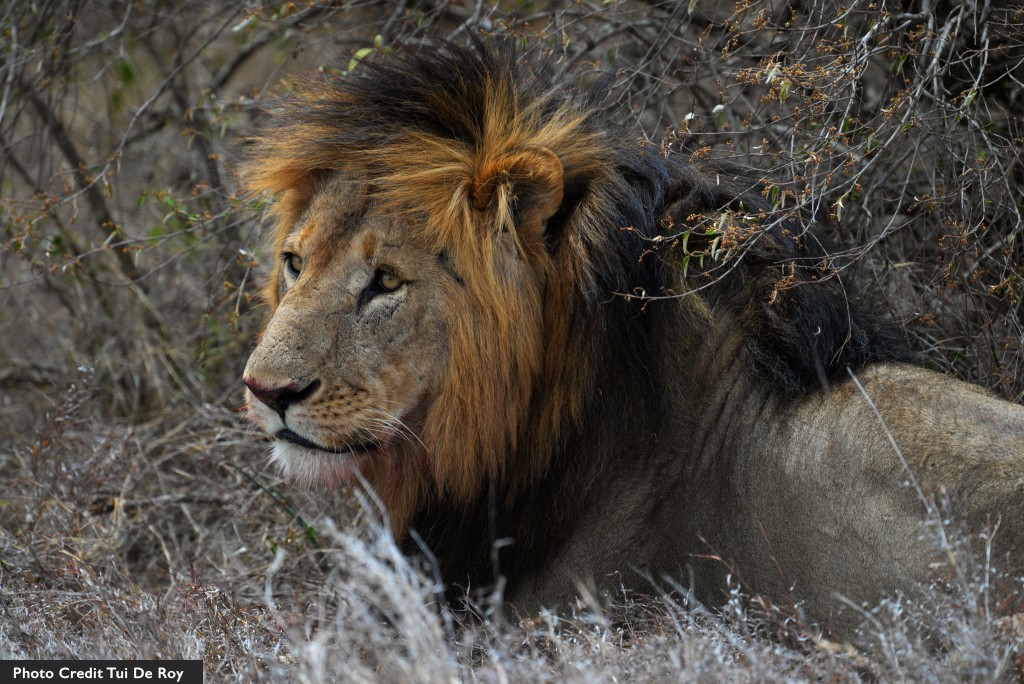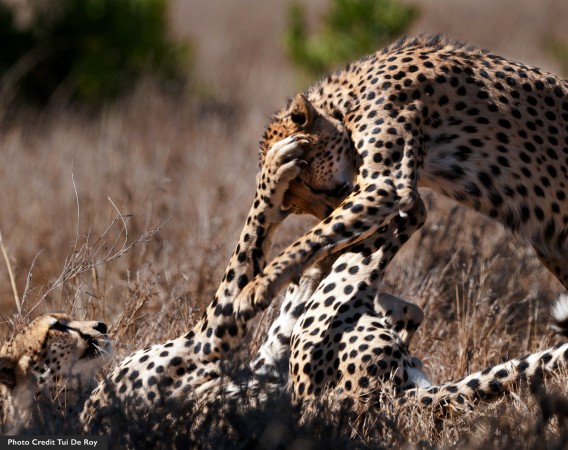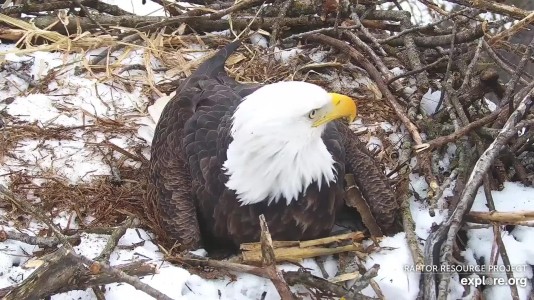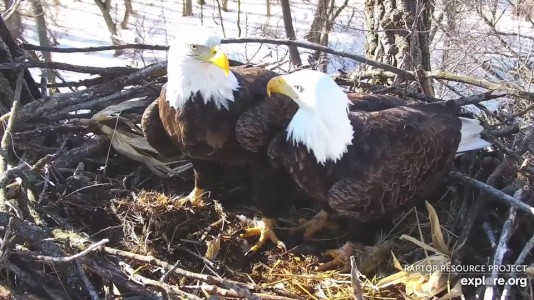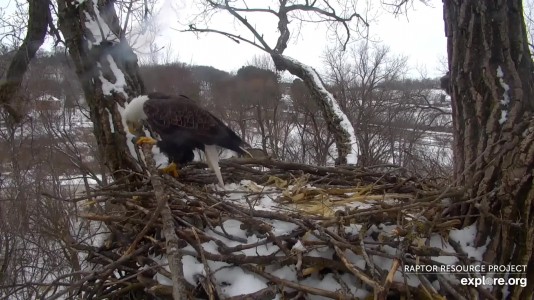In a few days, nations around the globe celebrate World Wildlife Day under the theme “Big Cats: Predators Under Threat”. Here at Mpala, the home of African Wildlife on Explore.org, this important event will shine a spotlight on our mission to protect wildlife and their habitat using Science, Education and Conservation. Scientists are finding new ways to protect habitats and regenerate lost natural resources including rangelands and enhancing co-existence between wildlife and people. Predators are facing many and varied threats, which are mostly caused by human activities. Overall, their populations are declining fast due to loss of habitat and prey, conflicts with people, poaching and illegal trade. As the world comes together to discuss and act on the plight of big cats and predators under threat, scientists at the Mpala Research Centre are in a continuous search for solutions.
Currently at Mpala, visiting scientists from Action for Cheetahs in Kenya are using trained cheetah scat detection dogs as part of a national survey that will be evaluating the connectivity of cheetahs on a range-wide scale. Working closely with the Laikipia Wild Dog and Cheetah Research team, this exercise will lead to the analysis of cheetah scat for diet, genetics and health. Built for speed, this is the fastest mammal on land. Their elongated lower leg bones and long, flexible spines increase the length of their strides to enable short, explosive sprints. Long, muscular tails help keep them balanced at top speeds reaching up to 65 miles per hour (105 kph).
Back at the Hippo pool, it is always delightful for the Explore.org family when a big cat stops by and is captured on the live cameras. On several occasions, a leopard has been seen on the edges causing a panic among the resident hippos and browsing impalas and giraffes. It is never a surprise to see a lone leopard as both sexes lead solitary lives in their own territories. Leopards will hunt any time prey is available, though they tend to be the most active at night and in the early morning. Although leopard populations are extremely successful in protected areas, the International Union for Conservation of Nature (IUCN) classifies them as a near threatened species.
As we continue to enjoy the sights and sounds of Mpala, we hope that our Science, Education and Conservation efforts will make the world a better place for “Big Cats: Predators Under Threat.”
Peace,
Victor Kasii @mpalalive
